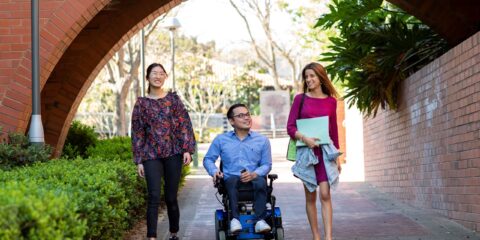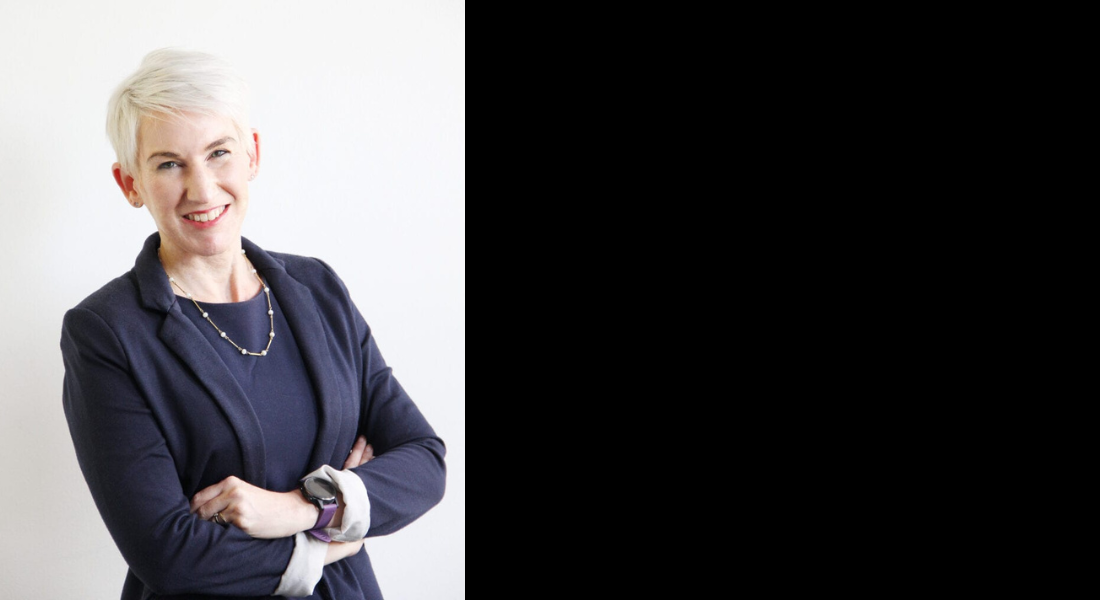I wake up every morning excited to come to work, knowing that my research and this institute has the potential to impact positively on communities and people. Growing up in apartheid South Africa, I became acutely aware and ashamed that so many of my fellow country people did not have the opportunities for education, employment and health that I did. My experience as a young psychologist in South Africa shaped my commitment to health equity and finding creative solutions to health system challenges.
I am passionate about reducing health disparities and promoting social justice and health equity for people globally. Over the past two decades, my research has focused on the development, testing, and implementation of psychological and health system interventions to improve access to, outcomes and quality of care for people with substance use and co-occurring mental and physical disorders, largely in low-and middle-income countries and now also Australia. I am excited that these interventions are starting to be implemented at scale in South Africa and are now being tested in Australia. My work has a strong service user, workforce development, and systems strengthening focus.
I am motivated by the mum who has walked for 10km with her disabled child strapped to her back in the hope she can receive a diagnosis and some support.
I am motivated by the resilience and home-grown solutions that many resource-limited communities develop in response to gaps in health service provision.
I am motivated to continue this work when I see the interventions and solutions that have been developed and tested over many years being implemented in health systems as part of routine practice to bring about improvements in access to and quality of care.
I hope the Institute will deliver on its vision of positively impacting on the health and wellbeing of all Australians irrespective of their age and ability. I would like to see the institute evolve to be globally renowned for being consumer-centric and for conducting research that translates to real world impact on practice, policy, and most importantly the lives of people we work with.



